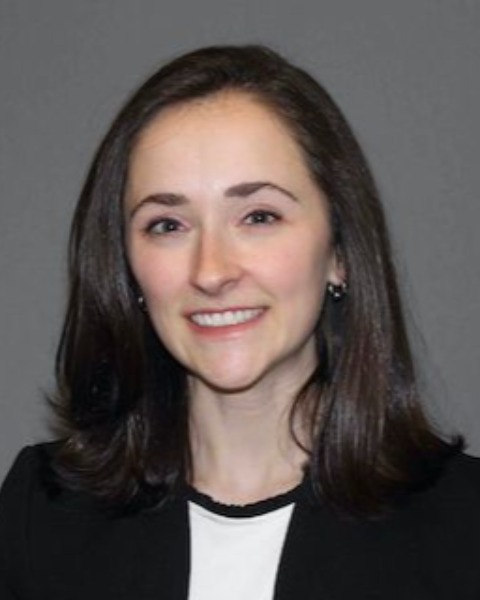Back
Background: Transgender and non-binary (TNB) youth are a vulnerable population particularly during healthcare transition (HCT) from pediatric to adult care where there are often gaps in healthcare for young adults with any medical needs. Previous research on HCT in youth with special health care needs focuses on disease outcomes. In addition to potential need for continuous access to medications or mental health care, TNB youth face minority stress, discrimination and lack of cultural competence by providers, contributing to increased support needs for transition to adult care. This population was previously investigated via interviews of TNB patients, their parents and providers about their experiences with the transition to adult care. They identified barriers and developed recommendations for improving the HCT process including defining social supports, and enhancing communication between clinics and families. Further investigation of social and communication needs during HCT will help generate adaptable models for supporting TNB youth.
Objective: By surveying youth and their parents/guardians receiving care at the largest gender program in a rural state, we aim to identify their specific healthcare and support needs during HCT. We intend to focus on identifying who comprise their support team and the patient-reported experience of communication between their healthcare teams and support team.
Design/Methods: Following IRB approval, two multiple choice and short answer surveys were distributed through The Gender Clinic at Maine Medical/The Barbara Bush Children’s Hospital from May-December 2023, one for patients ages 14-26 and the other for parents/guardians of these patients. These surveys were distributed through a recruitment flyer with a QR code by posting at the Gender Clinic and sending via secure chat during telehealth visits. The survey results were recorded anonymously in RedCap and will be analyzed quantitatively and with a qualitative review of short answer questions upon closure of the survey in December.
Endocrinology
Session: Endocrinology Works in Progress
WIP 15 - Support for Transgender/Non-binary Youth during Transition from Pediatric to Adult Care
Friday, May 3, 2024
5:15 PM – 7:15 PM ET
Poster Number: WIP 15
Publication Number: WIP 15.699
Publication Number: WIP 15.699

Emily Roop (she/her/hers)
medical student
Tufts University School of Medicine
Arlington, Massachusetts, United States
WIP Presenting Author(s)
Background: Transgender and non-binary (TNB) youth are a vulnerable population particularly during healthcare transition (HCT) from pediatric to adult care where there are often gaps in healthcare for young adults with any medical needs. Previous research on HCT in youth with special health care needs focuses on disease outcomes. In addition to potential need for continuous access to medications or mental health care, TNB youth face minority stress, discrimination and lack of cultural competence by providers, contributing to increased support needs for transition to adult care. This population was previously investigated via interviews of TNB patients, their parents and providers about their experiences with the transition to adult care. They identified barriers and developed recommendations for improving the HCT process including defining social supports, and enhancing communication between clinics and families. Further investigation of social and communication needs during HCT will help generate adaptable models for supporting TNB youth.
Objective: By surveying youth and their parents/guardians receiving care at the largest gender program in a rural state, we aim to identify their specific healthcare and support needs during HCT. We intend to focus on identifying who comprise their support team and the patient-reported experience of communication between their healthcare teams and support team.
Design/Methods: Following IRB approval, two multiple choice and short answer surveys were distributed through The Gender Clinic at Maine Medical/The Barbara Bush Children’s Hospital from May-December 2023, one for patients ages 14-26 and the other for parents/guardians of these patients. These surveys were distributed through a recruitment flyer with a QR code by posting at the Gender Clinic and sending via secure chat during telehealth visits. The survey results were recorded anonymously in RedCap and will be analyzed quantitatively and with a qualitative review of short answer questions upon closure of the survey in December.
